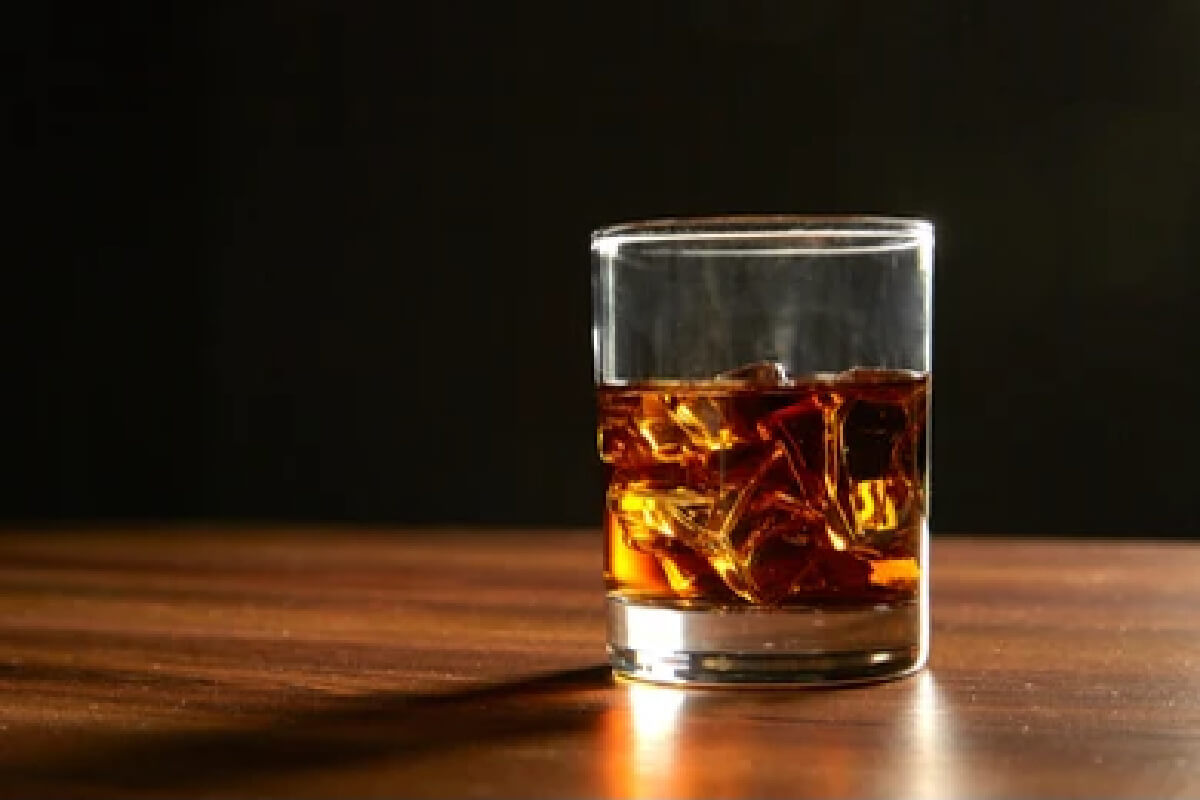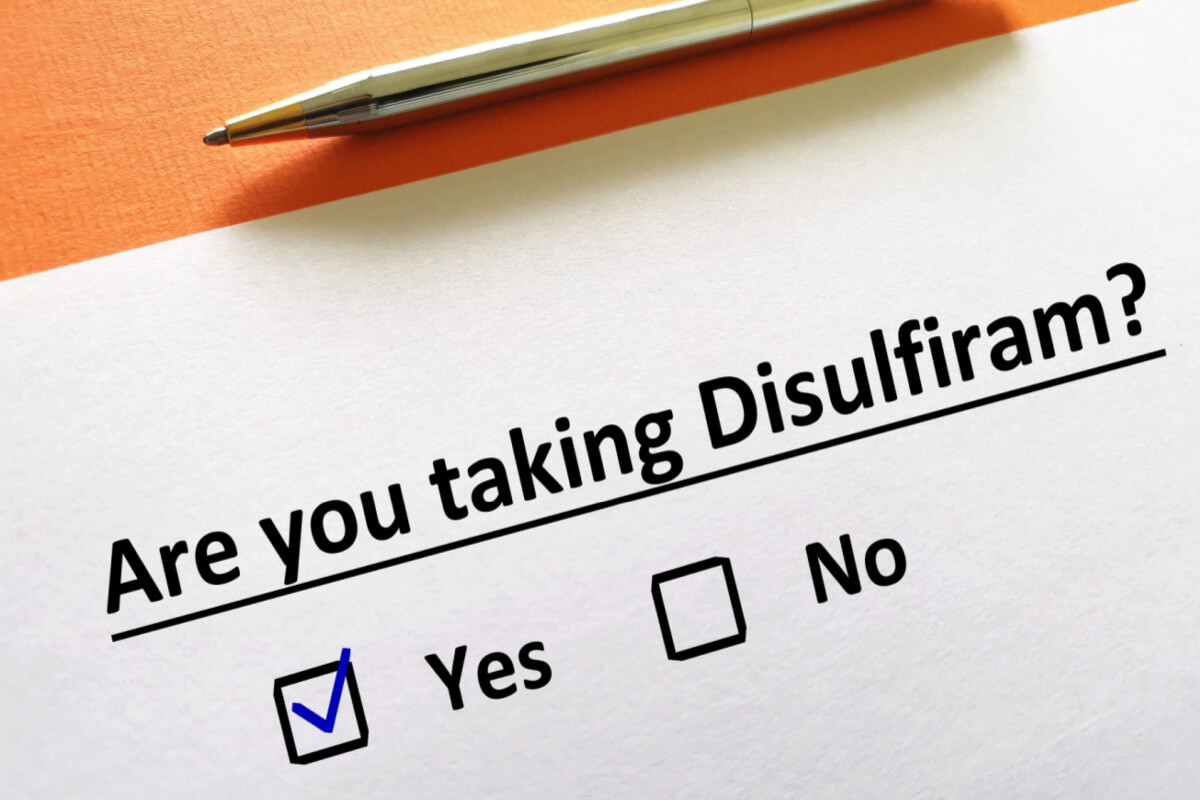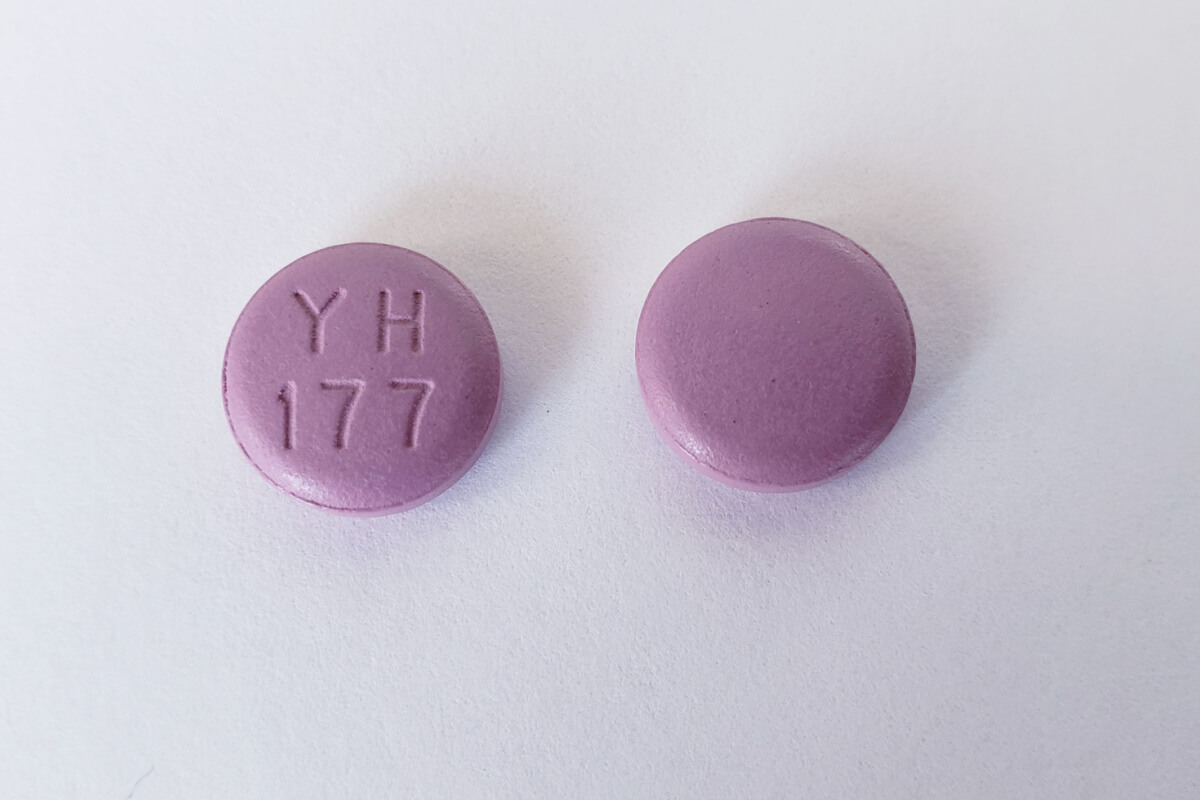
Your liver processes the alcohol you drink. If you consume too much, you ask too much of this critical organ. Fatty liver disease is one of the earliest signs of liver damage due to excessive alcohol intake.
It’s hard to spot fatty liver disease early, as it rarely causes symptoms. If you do have symptoms, they can be vague and include abdominal pain or fatigue.[1] Often people only find out about the changes seen to the liver as an incidental finding when your doctor tests your blood or gets an image of your stomach (either ultrasound, CAT scan or MRI) for some other reason.
If you quit drinking, you can often reverse alcoholic fatty liver disease. But if you don’t, the damage will likely worsen over time. This can lead to cirrhosis and even liver failure.
Why Does Alcohol Harm Your Liver?
Alcohol is broken down in your liver, and in the process, dangerous byproducts appear. These toxins damage the liver over time, particularly with frequent and heavy drinking. [2]
Your liver is also responsible for processing fats circulating in your blood. A liver working hard to remove alcohol can’t handle this fat processing too, and it builds up inside the organ instead. [3]
This all leads to the appearance of excess fat in the liver, which can be seen on imaging of the liver, either ultrasound, CT scan or MRI. Seeing this finding on imaging or seeing laboratory tests that show elevated liver enzymes can be a first sign of liver damage from alcohol.
Fatty Liver Risk Factors
Anyone who drinks to excess can develop alcoholic fatty liver. You don’t need an alcohol misuse issue to harm your liver and fill it with excess fat. Even one night of hard drinking could result in a fatty liver.
Researchers say fatty liver issues are more common in the following groups:[1]
- Women
- People who are obese
- Those with genetic mutations involving the liver
Drinking excessively can also raise your risk of fatty liver, especially if you drink a lot every single day.
How Is Alcoholic Fatty Liver Diagnosed?
Alcohol-induced fatty liver is often asymptomatic. The most common way to find out that you have this condition is when it is found incidentally either on an image – either an ultrasound, CT scan or MRI – or by elevations in your liver function tests in your blood. [4] If you are concerned about your drinking, your doctor may get both blood work or an image of you liver, which may reveal this condition.
How Is Fatty Liver Treated?
If you have fatty liver, there is good news. The condition is usually reversible as long as you stop drinking. As soon as you stop adding alcohol to your system, your liver can work on processing stored fat. Many patients can see improvements in their liver function tests after only a few days to weeks after abstaining from alcohol. [5]
In one study of the issue, people with fatty liver disease had completely healthy and normal values within about a week when they quit drinking.[6]
There are no medications that treat fatty liver or reverse liver damage at this time. The main treatment is to abstain from alcohol.
Alcoholic Fatty Liver Disease FAQs
What are the signs of a fatty liver?
A fatty liver usually doesn’t cause three symptoms. If you do have symptoms, they are usually very vague and can include fatigue and mild abdominal pain. But most people have no idea they have a fatty liver until their doctors run tests for other conditions and spot the problem.
Is fatty liver serious?
Yes. A fatty liver is a sign that you’re drinking excessively and your liver is starting to show damage. Alcohol use disorder is serious, and it’s responsible for thousands of deaths every year, many of which are due to liver disease.
If your doctor diagnoses a fatty liver, take this as a sign that you should work on your alcohol misuse and find a treatment program that’s right for you. If you don’t stop drinking, you could experience worsening liver damage such as cirrhosis.
Can fatty liver be cured?
Yes, most of the time. Alcohol fatty liver disease usually represents early changes/damage to the liver that can be reversed and improved if the person cuts down or even stops drinking altogether. However, continued alcohol use once a person has alcoholic fatty liver disease can progress to worsening liver damage over time. Thus, it is imperative that the individual consider discontinuing alcohol use if and when this condition is found.

Medically Reviewed By Elena Hill, MD, MPH
Elena Hill, MD; MPH received her MD and Masters of Public Health degrees at Tufts Medical School and completed her family medicine residency at Boston Medical Center. She is currently an attending physician at Bronxcare Health Systems in the Bronx, NY where ... Read More
- Fatty Liver Disease. National Library of Medicine. https://medlineplus.gov/fattyliverdisease.html. April 2017. Accessed August 2022.
- Exploring Alcohol's Effects on Liver Function. Alcohol Health and Research World. https://pubs.niaaa.nih.gov/publications/arh21-1/05.pdf. 1997. Accessed August 2022.
- Alcohol-Related Liver Disease. Merck Manual. https://www.merckmanuals.com/professional/hepatic-and-biliary-disorders/alcohol-related-liver-disease/alcohol-related-liver-disease. May 2021. Accessed August 2022.
- Fatty Liver Disease Not Caused by Alcohol Is Common and Often Missed. American Heart Association. https://www.heart.org/en/news/2022/04/14/fatty-liver-disease-not-caused-by-alcohol-is-common-and-often-missed. April 2022. Accessed August 2022.
- Alcohol-Related Liver Disease. National Health Service. https://www.nhs.uk/conditions/alcohol-related-liver-disease-arld/. August 2018. Accessed August 2022.
- Management of Alcohol-Associated Steatosis and Alcohol-Associated Cirrhosis. UpToDate. https://www.uptodate.com/contents/management-of-alcohol-associated-steatosis-and-alcohol-associated-cirrhosis. July 2022. Accessed August 2022.
- Alcohol-Related Liver Disease (ARLD). British Liver Trust. https://britishlivertrust.org.uk/information-and-support/living-with-a-liver-condition/liver-conditions/alcohol-related-liver-disease/. Accessed August 2022.
Download Our Free Program Guide
Learn about our program, its effectiveness and what to expect
Related articles
Imagine what’s possible on the other side of opioid use disorder.
Our science-backed approach boasts 95% of patients reporting no withdrawal symptoms at 7 days. We can help you achieve easier days and a happier future.









